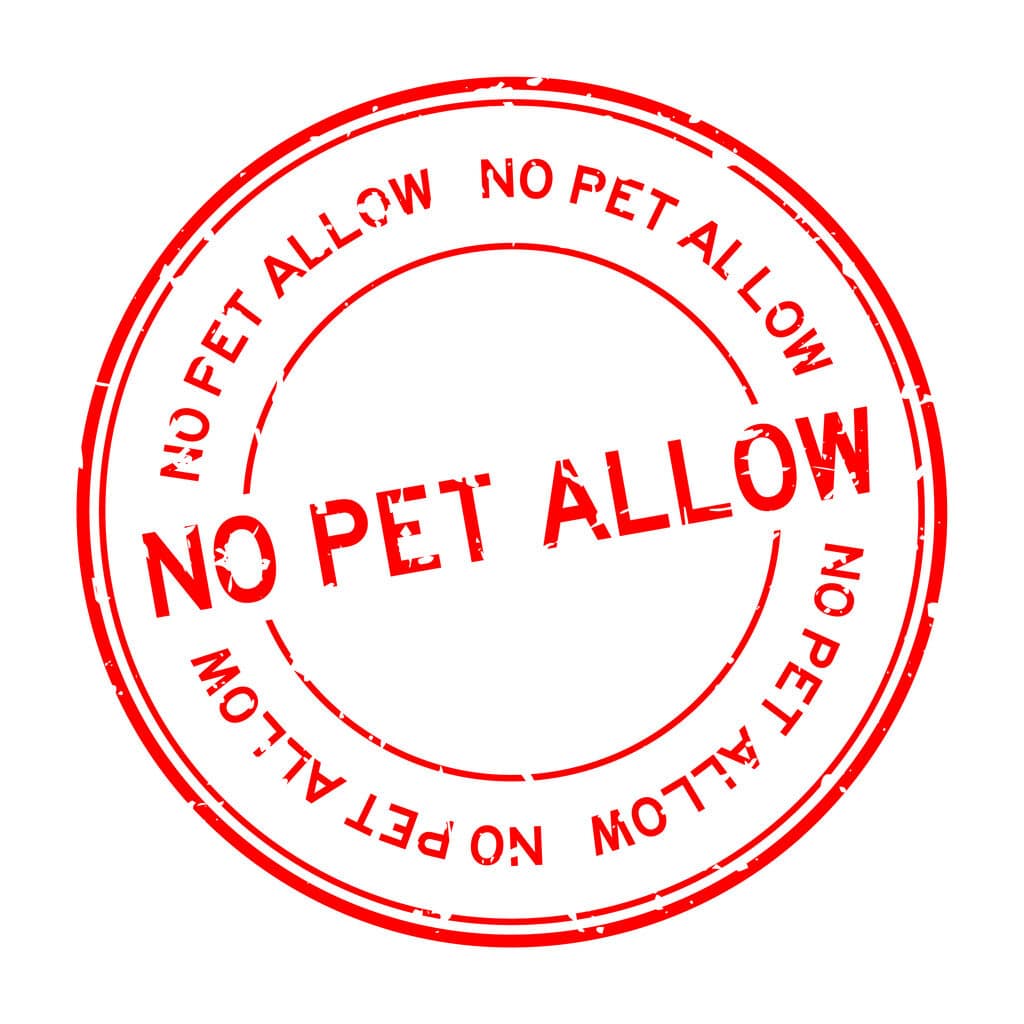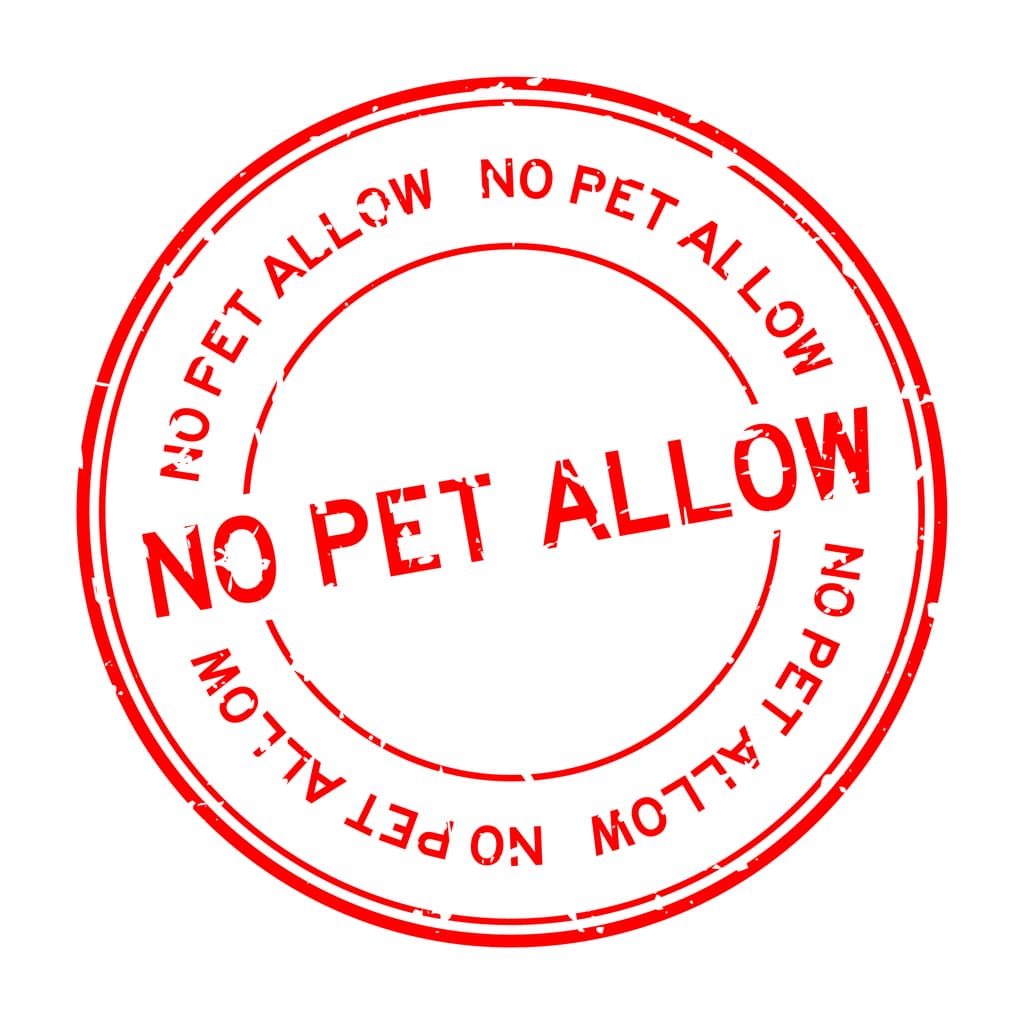 If you are looking to buy a home in a pet-friendly condo, be sure to check the rules of the condo or homeowner’s association (HOA). There are likely to be restrictions on the kind of pets you can bring, where they can go within the community, and how they are expected to behave. As a prospective homebuyer in Florida, you are entitled to full disclosure of an association’s pet policy. Knowing where to look, what to look for, and what if anything you can do to challenge the policy, will go a long way to finding the perfect pet-friendly home for you and your pet.
If you are looking to buy a home in a pet-friendly condo, be sure to check the rules of the condo or homeowner’s association (HOA). There are likely to be restrictions on the kind of pets you can bring, where they can go within the community, and how they are expected to behave. As a prospective homebuyer in Florida, you are entitled to full disclosure of an association’s pet policy. Knowing where to look, what to look for, and what if anything you can do to challenge the policy, will go a long way to finding the perfect pet-friendly home for you and your pet.
Where Condo or HOA Rules Are Found
An association’s pet policy will likely be found in its governing documents, which include the declaration of covenants and the rules and regulations. Importantly, as a homebuyer, you have the right to review these documents before purchasing a condo. Florida law entitles prospective purchasers to receive a Disclosure Summary for the property. Among other things (relating to membership in the HOA and fees and assessments), the summary must state that “as a prospective purchaser, you should refer to the covenants and the association governing documents before purchasing property.” The summary must also state that “these documents are either matters of public record and can be obtained from the record office in the county where the property is located, or are not recorded and can be obtained from the developer.” Be sure to carefully review the association’s pet policy in these governing documents if you have a pet or are considering getting one in the future.
What the Condo or HOA Rules Say About Pets
HOAs often forbid or strictly limit the number of animals residents can have. You may be allowed no dogs, or only one dog, or up to two dogs so long as each one weighs less than 35 pounds, or only dogs that belong to certain breeds. Cats, birds, and other pets may be similarly limited or restricted. Rules prohibiting unusual pets, such as iguanas, tarantulas, or snakes, are not uncommon.
The HOA may also take steps to ensure that you obey state or local laws, such as providing proof that your dog is vaccinated and has a license. Moreover, your pet’s behavior (and by extension, your behavior) may also be restricted by HOA rules. For example, your dog may not be allowed to jump into the condo pool, bark excessively, roam unattended, or act aggressively toward other people or animals. You may be allowed to walk the dog only on a leash and only in certain areas.
Can You Do Anything to Change Association Rules?
In most cases, residents can do little to get around the rules, as they are meant to benefit all residents. Indeed, it is in your best interest to have an HOA that is active in enforcing its rules. Penalties for violations can range from having to pay a fine to giving the animal up. Your HOA may even seek an injunction in court to enforce a no-pet rule.
If you want to challenge a no-pet rule or one that is excessively restrictive, you will likely have to prove that the rule:
- Is being enforced arbitrarily or unfairly;
- Is unreasonable; or
- Was not adopted by the proper procedure.
How a Florida Condo Attorney Can Help
If you are involved in a dispute with your condo association or HOA over enforcement of a pet policy, we welcome you to contact us at (954) 966-4909. We serve the legal needs of individual condominium owners, home owners and cooperative owners in resolving disputes with their associations throughout Florida, including Broward, Dade and Palm Beach Counties, as well as Hollywood, Davie, Pembroke Pines, Hallandale, Sunny Isles, Aventura, Miami, North Miami, Brickell, Boca Raton, West Palm Beach, and Naples. We do not represent associations.
Please note that free case evaluation is by telephone and does not include legal advice. Office consults with legal advice are available on a flat fee basis.

